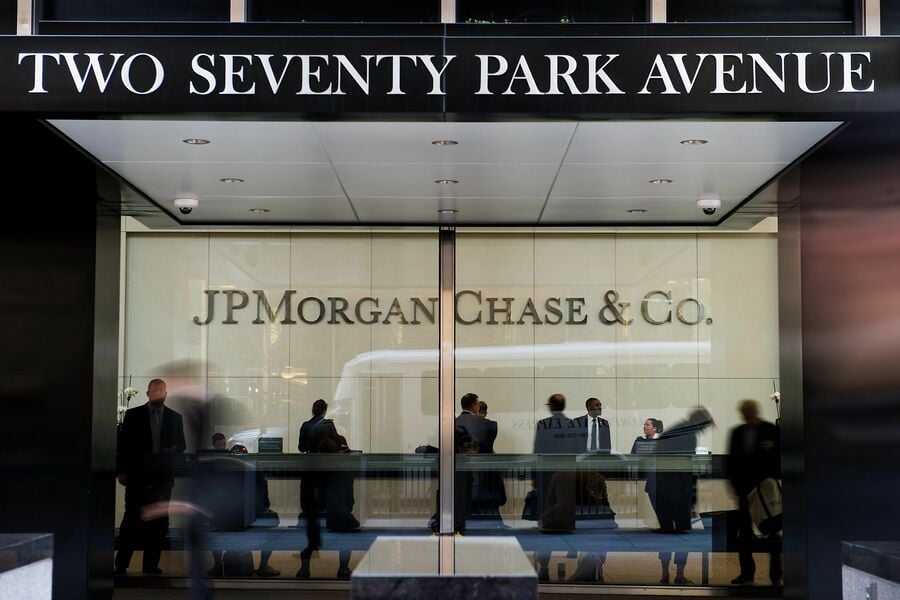

JPMorgan Chase & Co. (JPM) economists cut their U.S. midyear economic growth forecasts after an influx of weaker data this week — most notably a slowdown in consumer spending.
The Wall Street bank reduced its estimate for annualized gross domestic product growth to 1% for the second quarter, down from 2.5% previously. This quarter is also seen at 1%, down from 2%. Growth will tick up to 1.5% in the final three months of the year, helped by stronger car production and lower inflation, the bank’s economists said.
“Our forecast comes perilously close to a recession,” Michael Feroli, JPMorgan’s chief U.S. economist, wrote in a note Friday. “However, we continue to look for the economy to expand, in part because we think employers may be reluctant to shed workers, even in a period of soft product demand.”
Odds of a recession in the U.S. have increased among Wall Street analysts in recent weeks as the Federal Reserve raises interest rates and decades-high inflation eats into consumers’ budgets. But most anticipate a downturn wouldn’t start until next year — if it does.
The Federal Reserve Bank of Atlanta Friday lowered its tracking estimate of U.S. GDP for the second quarter to a contraction of 2.1%, down from a 1% decline in its previous figure on June 30.
The Atlanta Fed tracking model, known as GDPNow, can be volatile and is designed to give a solid estimate just before each initial reading of GDP. While it’s often been more accurate than Wall Street consensus estimates, it’s been less reliable in the past two years as Covid-19 has changed economic patterns in sometimes unpredictable ways.

Former Northwestern Mutual advisors join firm for independence.

Executives from LPL Financial, Cresset Partners hired for key roles.

Geopolitical tension has been managed well by the markets.

December cut is still a possiblity.

Canada, China among nations to react to president-elect's comments.
Streamline your outreach with Aidentified's AI-driven solutions
This season’s market volatility: Positioning for rate relief, income growth and the AI rebound
